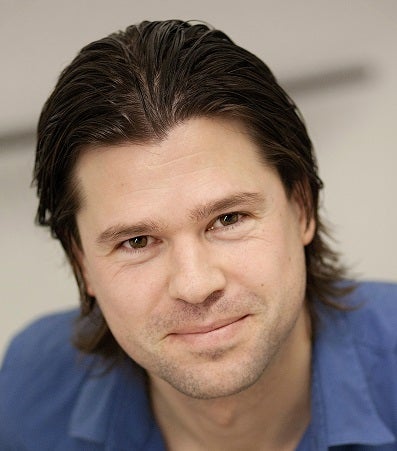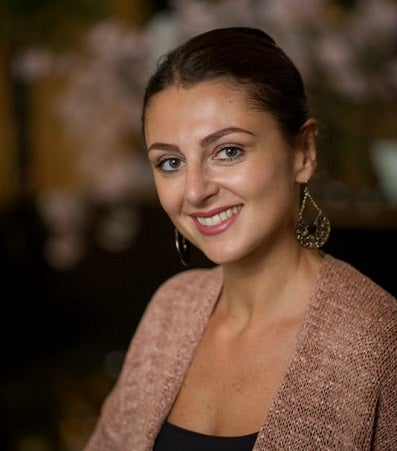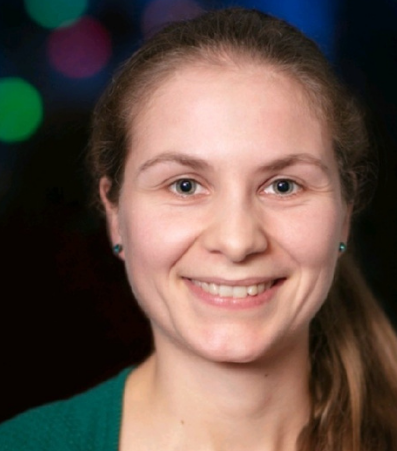We have compiled the following information to help you.
Your arrival as an exchange student
Practical arrangements
-
Step 1: Collect your room key
- If you rent accommodation through VU Amsterdam, you will receive additional details via email regarding the key pick-up.
- DUWO will be present at the VU Sport’s centre during Arrival Day on Friday 30 January for key collection. Further information will follow.
- If you rent accommodation on the private market, you will need to coordinate the key pick-up directly with your landlord.
- If you rent accommodation through VU Amsterdam, you will receive additional details via email regarding the key pick-up.
-
Step 2: Register with the municipality
If you will stay in the Netherlands for more than four months, then you need to register with the local authorities, also called the municipality. If you are going to live at student campus Uilenstede, you need to register at the municipality of Amstelveen.
More information about registering with the municipality can be found here. During the Arrival Day, it will also be possible to register at the municipality of Amstelveen directly. -
Step 3: Set up a bank account (if necessary)
You will need to have an IBAN bank account in order to arrange your day-to-day activities in the Netherlands.
As an EU/EEA student, you do not need to open an extra Dutch bank account. If you are a non-EU/EEA student, you need to make an appointment at a bank office in order to get a student account (and thus an IBAN bank account).
More information about opening a bank account can be found here. -
Step 4: Pick the right insurance
It is important that you are properly insured during your time in the Netherlands. To simplify the business of arranging suitable insurance during your time in the Netherlands, it is advisable to consult your current insurance company and explain that you will be studying abroad.
More information about possible insurances can be found here. During the Arrival Day, our partner Aon will also be present. You can arrange your insurance then and there. However, we advise you to arrange this before coming to the Netherlands. -
Step 5: Register with a General Practitioner (GP)
As a student at VU Amsterdam living in Amsterdam or in the surrounding areas such as Amstelveen/Uilenstede, you will be able to register with the General Practitioner (GP) at the University General Practice (located in the VU Medical Centre on our campus) once you have a valid health insurance. More information can be found in this document.
You can only register online. However, during the Arrival Day there will be someone present from the GP Practice to answer your questions.
If you live outside of Amsterdam, you can look for a GP close to your home. More information about health care in the Netherlands can be found here. -
Step 6: find out your options for cycling and public transport
Find all relevant information on cycling in Amsterdam and using the public transport system.
When you arrive
-
Arrival and Introduction activities
VU Amsterdam is looking forward to welcoming all new international exchange students in August 2025. Your first days and weeks in Amsterdam will be filled with new experiences, new people and a few practical considerations too.
For exchange students joining us for the upcoming Fall semester of 2025/26, we will organize an arrival and introduction programme starting in the week beginning on Monday 18 August.
More information will be posted soon, also on our dedicated webpage for Introduction for exchange students.
-
Picking up your student card
You will receive a student card after completing your application and uploading a photo.
When & where can I pick up my student card?
If your student card is ready, you can collect it at the Student Wellbeing Point in the VU Main Building during the first week of February, between 11:00-15:00. If you’re unable to pick it up during the first week of February, you can collect it from the Student Desk afterwards.
What do I need to bring when picking up the student card?
To collect your student card, you will need to show the notification and a valid ID. Your student card is not required to attend your classes. Therefore, you do not need to collect it right away. The Student Desk will hold onto your card until you collect it.
What if my card is not there?
If you haven’t uploaded a photo that meets the requirements, please do so as soon as possible (see Upload your photo).
If you are not yet fully enrolled, your card will not be issued. Once you are fully enrolled and your picture meets the criteria, the Student Desk will request your card. You will receive an email when your student card is ready to be picked up.
If you have any questions, please contact the Student Desk. -
TB test
A tuberculosis (TB) test may be part of your application for a residence permit. If so, please visit the Municipality Health Services (GGD). More information can be found here.
-
Costs of living
Living in Amsterdam can be expensive. Make sure that you have sufficient financial means to cover the costs of living. If you are considering working while studying then there are certain rules to be followed (see further below).
Experience shows that living and studying in the Netherlands for one year costs a student between €1,000 and €1,100 per month. Some students manage to spend less, but this of course depends on your own lifestyle (and type of accommodation). An indication of likely monthly expenses:
- Rent for housing average: €600 (price range €366 - €1,045, see 'Accommodation types')
- Food: €250
- Insurance: €100
- Public transport: €50
- Books: €50
- Other costs: €50
- Total (average): €1,100
-
Working while studying
You cannot count on finding a source of additional income after you arrive and, unless you are from an EU member state, your opportunities to work are restricted. If you are a non-EU student, under Dutch law you are permitted to work a maximum of 16 hours per week if you have a work permit.
How many hours am I allowed to work in the Netherlands?
If you hold a passport from a country that belongs to the European Union (EU) (with the exception of Croatia), the European Economic Area (EEA) or Switzerland, then you are permitted to work in the Netherlands without limitation. If this is not the case, then you are only permitted to work a maximum of 16 hours per week averaged over the year or full-time during the summer months (June, July, August). Your employer will also be required to apply for a work permit.Do I have to pay income tax if I work in the Netherlands?
Under Dutch law, everyone who works in the Netherlands is obliged to pay income tax to the Dutch government. However, the rules may be different if you are already paying income tax in your home country and that country has signed a treaty with the Netherlands that income tax is only to be paid in one of the two countries. All EU member states have signed such a treaty.What does the Dutch government do for international students working in the Netherlands?
The Dutch government has a comprehensive system of social security, insurance and tax measures related to working in the Netherlands.More information can be found on the Nuffic website Working while studying. There is also a factsheet on international students and part-time jobs (pdf).
-
Cycling and public transport
Amsterdam is a city of bikes. The city is also served by an excellent public transport network.
With an extensive network of cycle lanes, bicycle parking everywhere and even traffic lights specifically for bicycles, there is no safer or easier place to cycle than here. Most students arriving for the first time in Amsterdam find that buying a (second-hand) bike is both an affordable way to travel between home and study, as well as a great way of getting to know the city and the surrounding area.
Public transport card
In the Netherlands you need an OV-chipkaart to travel around with the train, bus, metro and tram.Check in, check out
It is very important that your remember to check both in and out when using your OV-chipkaart. This can be done by holding the card against the reader present on platforms (for trains and metro) and on board the vehicle (for buses and trams). You must also check in and out when changing to a different line or mode of transport.9292.nl
If you have a smartphone, the app 9292 (available in English) is a convenient way of planning your journey.- 9292 at the iOS App Store
- 9292 at the Google Play Store
-
Your personal dashboard & Canvas
During your stay you will have access to your personal dashboard on vu.nl. You were sent your login details when you first applied to VU Amsterdam. It is important that you familiarise yourself with this dashboard, as a great deal of important information is only available via this network. Registration for courses etc is also carried out via your dashboard.
Canvas is the digital learning environment from VU Amsterdam. It is a tool that supports our education and is used by both students and teachers. You can log into Canvas with your VUnet-ID, or through your personal dashboard on vu.nl. For students, there is a VU Canvas Student Guide available that shows you how to work with Canvas. You can also watch a short video about the system.
-
Study books
For your studies, you will need books. Click here to order them at the VU Bookstore.
Which textbooks you need is published in this booklist. Textbooks are sold in our main building at the VU Bookstore or at the Students' Unions.
-
Learning Dutch
Would you like to learn Dutch to help you feel more at home on campus? Of course you do! Luckily, VU-NT2 offers two course modules (8 weeks per level) of the Basic Dutch on Campus course at a greatly reduced rate for international students. You will learn to introduce yourself, do some shopping, order a meal and chat with local students and teachers. Finished the course? Then you receive a ‘Basic Dutch on Campus’ certificate. Check out the website of VU-NT2 for more information.


